Climate science
-
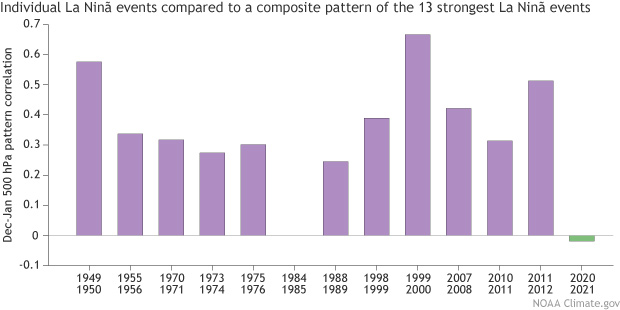
I’ve heard many complaints about this year’s winter forecast and how far off it was. Here is an excellent discussion of how seasonal forecasts are made and how they can be off. They show that for what we knew in November, a typical La Nina pattern was the most reasonable forecast. The things that changed…
-
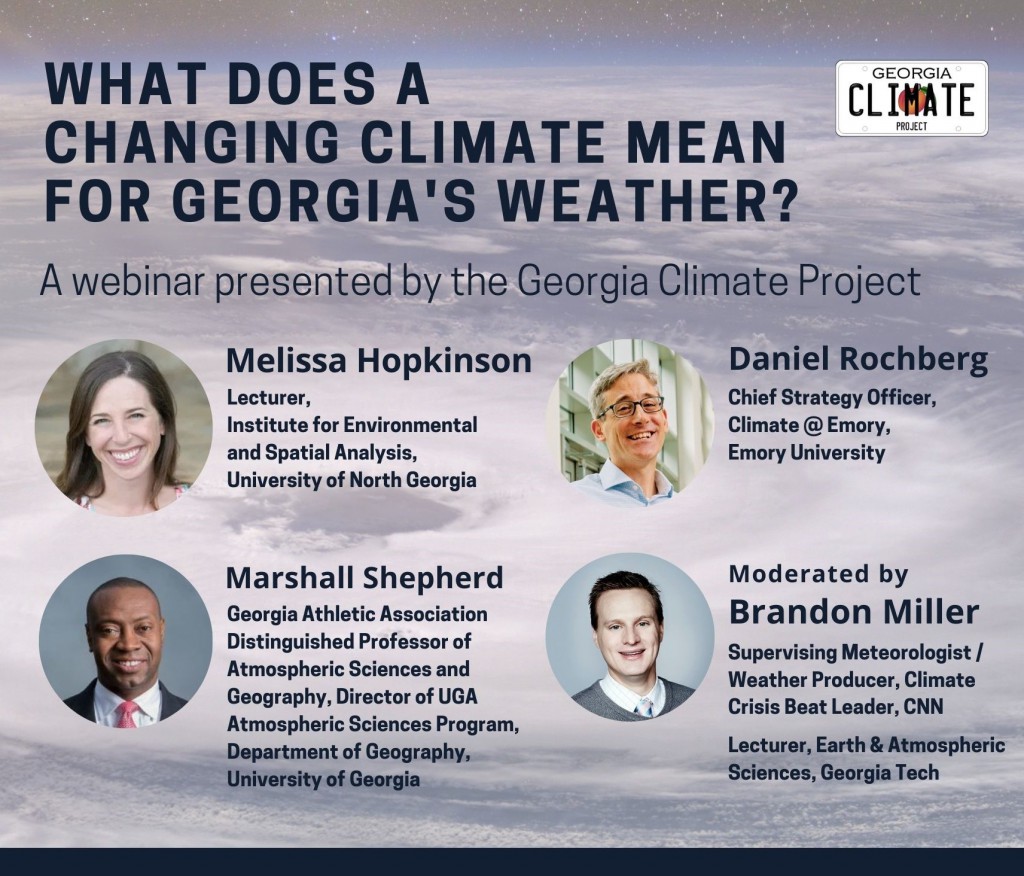
Last week’s Georgia Climate Project webinar on how climate change is affecting Georgia’s weather is now available for viewing on their YouTube Channel. It features several speakers talking about how the climate of the Southeast is changing and how it is affecting weather patterns in the area. You can watch it at https://www.youtube.com/watch?v=ArWjO110F6A&list=PL9kAedrE5bBHj8u3lIzsi1JmBHjne5LRF&index=5. You can…
Posted in: Climate science -

Today is March 1, and that means that it is now climatological spring. What a crazy winter it has been! Climatologists tie the start of spring to the beginning March for a number of reasons. Originally it was done for convenience when people had to do their climate average calculations by hand, but now you…
-
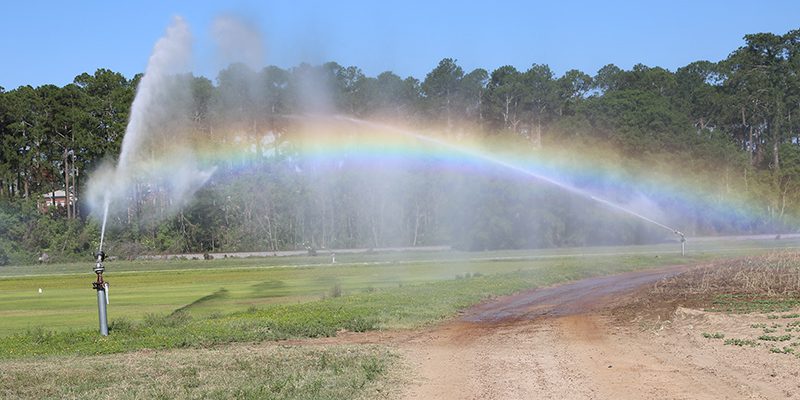
Last week I had the honor of testifying before the House Agriculture Committee on the topic of “Climate Change and the US Agriculture and Forestry Sectors.” It was a long hearing that lasted almost five hours. My key points from the testimony are below. If you are interested in hearing the full hearing, you can…
-
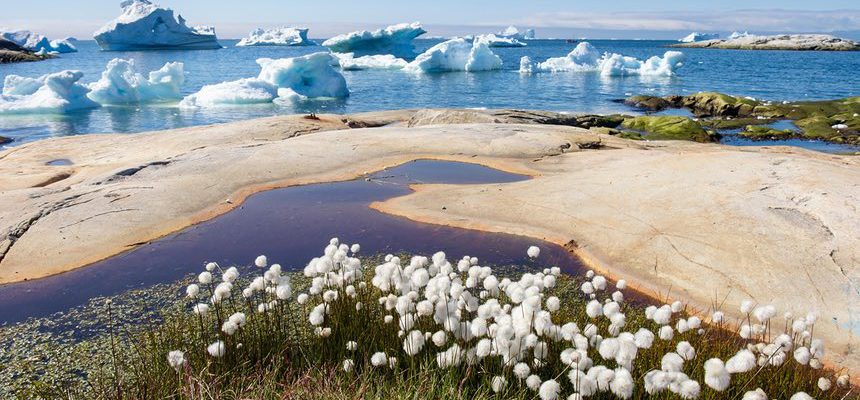
I have many friends who share stories about climate and agriculture with me via social media and email. Here are several stories I have read in the news and their posts lately related to climate that you might find interesting. National Science Foundation: Tree rings and Iceland’s Laki volcano eruption: A closer look at climate…
-
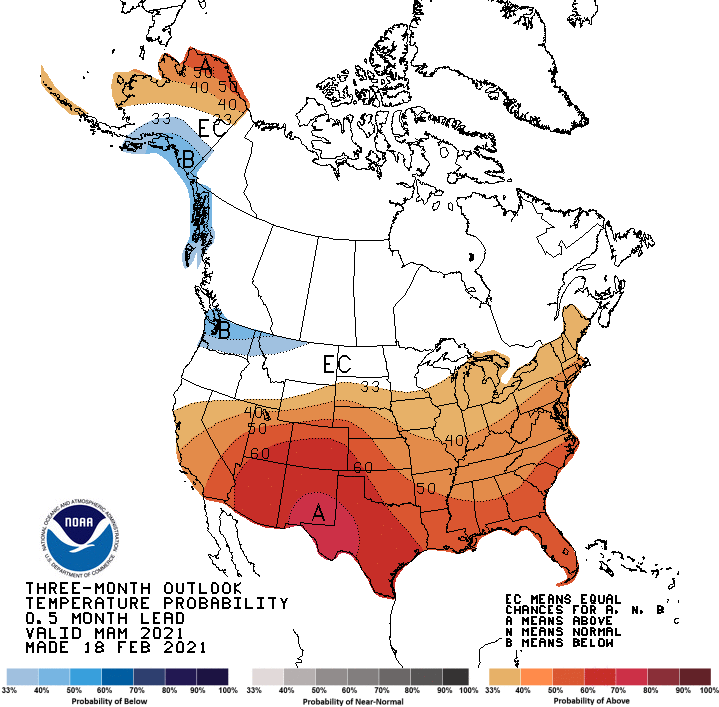
Do you use predictions of seasonal climate to plan your farm work? Or are you frustrated because they don’t seem to be very useful? I’ve been getting a lot of complaints this year about how bad the climate forecast for winter was because what we have seen so far has not matched the predictions in…
Posted in: Climate science -
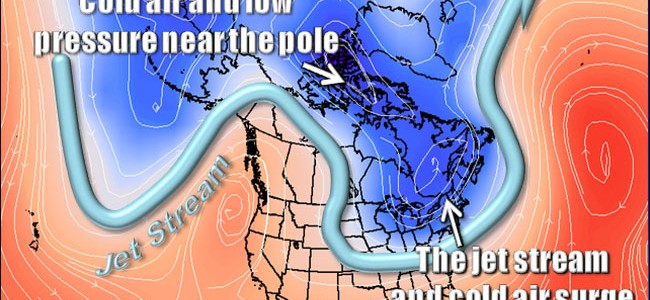
With the frigid air and severe impacts hitting the central US last week, there has been a lot of discussion in the news and in the hallways about whether or not climate change is making cold outbreaks like these more likely. One rationale for why it might is that with the Arctic warming up so…